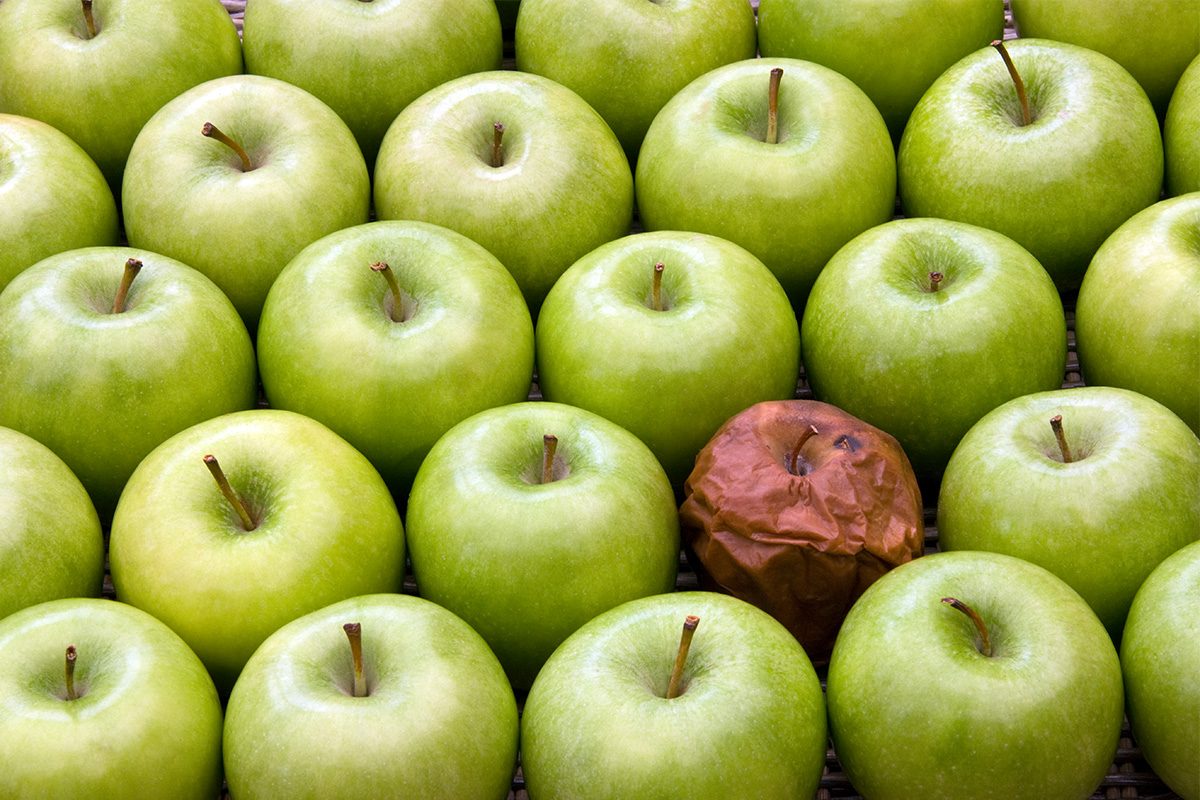In a court ruling recently publicized, a New Jersey judge vindicated a rapist, who not only raped an intoxicated 16-year-old girl, but texted his friends a video of the encounter with the message: “When your first time having sex was rape.” The judge’s reasoning for granting this self-declared rapist leniency is the same reasoning Brock Turner and others before him were granted leniency — they’re protected by male and class privilege. “This young man comes from a good family who put him into an excellent school where he was doing extremely well,” the judge rationalized. “His scores for college entry were very high.”
Excusing immoral behavior on account of coming from a good family is something you hear often coming from a privileged background.
In my own Jewish community, I’ve witnessed first hand how social rankings dictate how you’re treated and justified. I’ve pondered with what it means to come from a “good family,” a phrase I hear often in the dating world. Are their parents still together? Who did their siblings marry? Did any of them marry out, are any of them gay? Are they the focus of any rumors? What synagogue do they attend? Are their ancestors from Syria or Egypt or Israel or Lebanon like us? These are the checkpoints matchmakers and parents of single men and women ask themselves — especially those who are more religious or traditional — to determine whether or not a good match is in the making.
In this world, a “good family” implies a wealthy family, a wholesome white picket fence, a history free of drama and scandal.
I’ve dated and went to school with the guys who come from these so-called “good families.” Families whose names are on buildings. Families whose children married into “good families” themselves. Families who don’t face consequences because the money and status they have, the school wings they’ve donated. Some of these “good family” sons are humble and well-mannered and take responsibility for their actions. Others reek of entitlement.
When I was young, too young to be thinking about marrying into someone else’s family, I dated a guy for a short stint of time that checked off all the boxes — including the one that categorized him as being the son of a “good family.” My grandparents were ecstatic because they were good friends with his grandparents. I thought I was too, until he cut off my sentences because “I asked too many stupid questions” or told me to wear my hair a certain way, because otherwise “I looked like a child.” He aggressively pressured me into doing things that he knew I didn’t feel comfortable doing.
But when we were in public, everyone seemed to bow down to him. I remember walking into a wedding with him and my ex pulled me aside. “Are you happy?” he asked. I replied flatly, “Of course I am.” I went home that night and cried. Everyone kept telling me that he was such a great catch and that I was so lucky to be with him. I couldn’t let him slip through my fingers, not with his smarts or his good job or his family name, so I stayed..
Until I didn’t. When it ended, my grandma called me disappointingly, asking, “What happened?” I felt like I failed her. Years later, I dated another “good guy” from a “good family” and a similar situation ensued. By then, I finally learned my lesson and vowed to tread carefully because the good guy and the good families don’t always hold water. And they’re certainly not worth the amount of therapy I’ve endured to overcome those traumas.
Gradually I started to redefine what it meant to have a good family. What I’ve learned is that good families don’t always have a picket fence or a fence at all; their plants are not always watered and their lawn is not always mowed. Some have trouble paying for tuition, others live in a single family home. They deal with things like drug abuse or alcoholism or complicated relationships that are aren’t so easy to define. And none of that matters. Because in the end, all it comes down to is a person’s individual actions and what they have to show for themselves. Nobody chose the family they were born into. And one’s family doesn’t determine who a person really is, whether they’re in the dating pool or on trial.
Header image via Steve Allen/Getty Images



